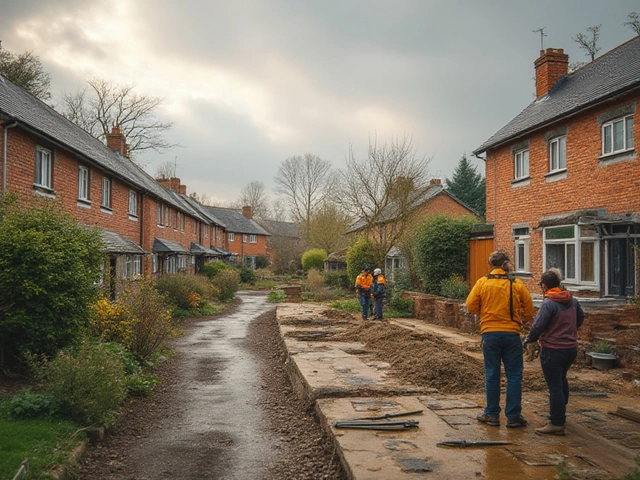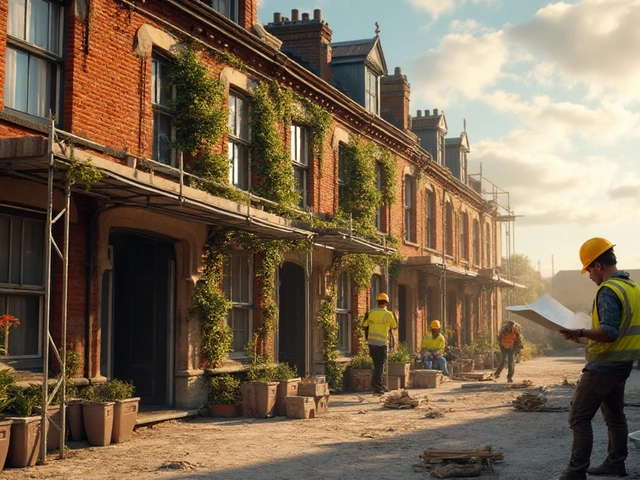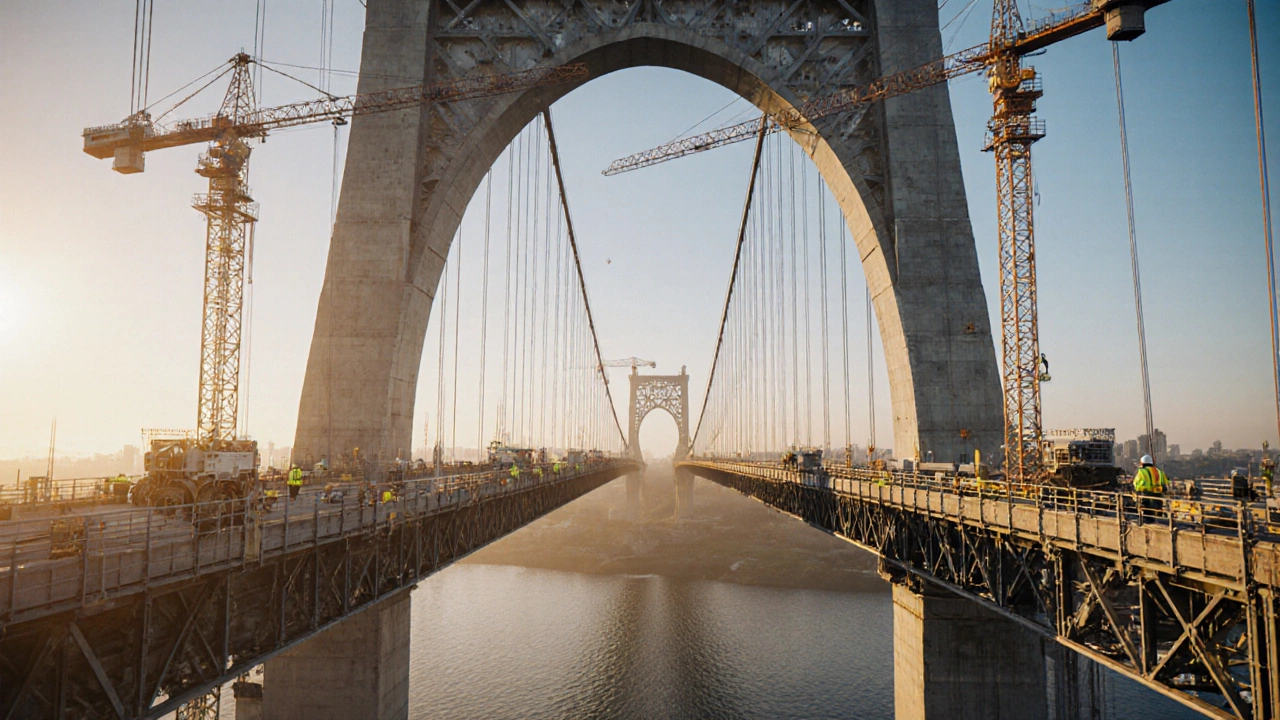
Civil vs Commercial Construction Decision Guide
Focus: Public infrastructure and services
Funding: Government agencies, public-private partnerships
Examples: Highways, bridges, water systems
Regulation: ASCE, AASHTO standards
Focus: Profit-driven business spaces
Funding: Private investors, developers
Examples: Office buildings, retail centers
Regulation: IBC, LEED standards
Answer the following questions to determine if your project is civil or commercial construction:
Answer the questions above to see if your project is classified as civil or commercial construction.
Quick Takeaways
- Civil construction focuses on public infrastructure; commercial construction builds profit‑driven spaces.
- Regulatory oversight, design standards, and budgeting differ sharply between the two.
- Choosing the right path depends on project purpose, funding source, and required permits.
- Both fields share core construction processes, but the stakeholder landscape is distinct.
- A solid checklist can prevent costly overruns and compliance headaches.
What Is civil construction?
civil construction is the discipline that creates and maintains public‑use infrastructure. Think highways, bridges, water treatment plants, and airports. These projects are usually funded by government agencies or public‑private partnerships, and they serve broader societal needs rather than direct profit.
The design standards for civil work are governed by national bodies such as the American Society of Civil Engineers (ASCE) and local departments of transportation. The focus is on durability, safety, and long‑term performance under heavy loads and environmental stress.
Typical stakeholders include regulatory agencies, municipal planners, and utility companies. Because the public pays for the outcome, there’s a high emphasis on transparency, rigorous testing, and lifecycle cost analysis.
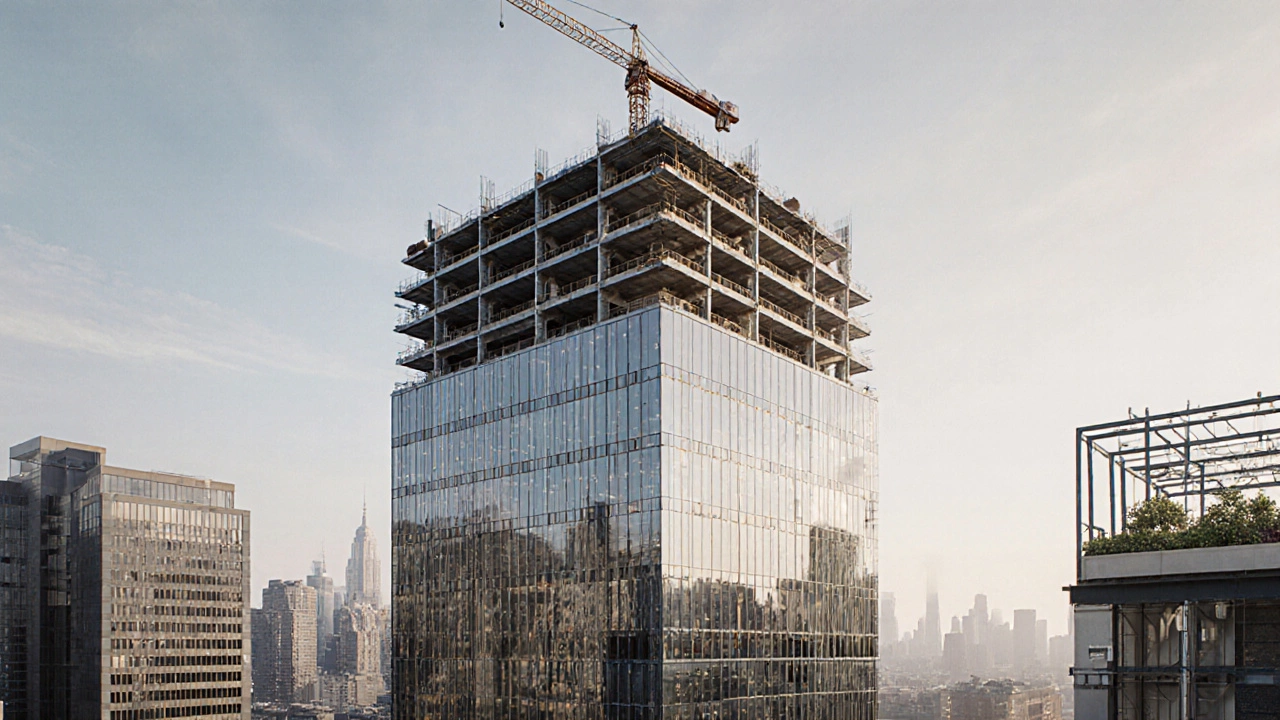
What Is commercial construction?
Commercial construction delivers buildings meant for business activities-offices, retail centers, hotels, and warehouses. Private investors, corporations, or real‑estate developers fund these projects, aiming for a return on investment through rent, sales, or operational use.
The design standards are guided by the International Building Code (IBC) and industry‑specific guidelines like LEED for sustainability. Flexibility is greater because market trends can dictate floor‑plan changes even late in the design phase.
Key participants include contractors, property owners, architects, and often a building permit office that verifies compliance before occupancy.
Core Differences at a Glance
| Aspect | Civil Construction | Commercial Construction |
|---|---|---|
| Primary Purpose | Public service and infrastructure | Profit‑driven business use |
| Typical Projects | Highways, bridges, water treatment, airports | Office towers, malls, hotels, warehouses |
| Funding Source | Government budgets, taxes, bonds | Private equity, loans, investors |
| Regulatory Oversight | State DOTs, public works agencies | Local building department, fire marshal |
| Design Standards | ASCE, AASHTO, ISO 9001 for quality | IBC, LEED, BOMA standards |
| Typical Budget Range (U.S.) | $5M - $1B+ (depends on scale) | $500K - $200M (mid‑rise to skyscraper) |
| Timeline | 2-10years (planning, right‑of‑way, construction) | 6months - 3years (design‑build) |
| Key Stakeholders | Public agencies, engineers, community boards | Owners, developers, tenants, investors |
How to Choose the Right Path for Your Project
When you’re standing at the crossroads of a new build, ask yourself these practical questions:
- Is the end‑user a community (road, bridge) or a business (office, shop)?
- Who’s paying the bill? A tax‑funded agency or a private developer?
- Which permits are required? Public building permit processes can be longer but often provide a smoother route for large‑scale work.
- What design standards apply? Federal infrastructure standards differ from commercial code requirements.
- How flexible does the schedule need to be? Commercial projects often need faster delivery to meet market demand.
Answering these clarifies whether you should treat the job as a civil venture-partnering with a structural engineer experienced in bridges-or as a commercial build, where a seasoned contractor with LEED expertise may add more value.
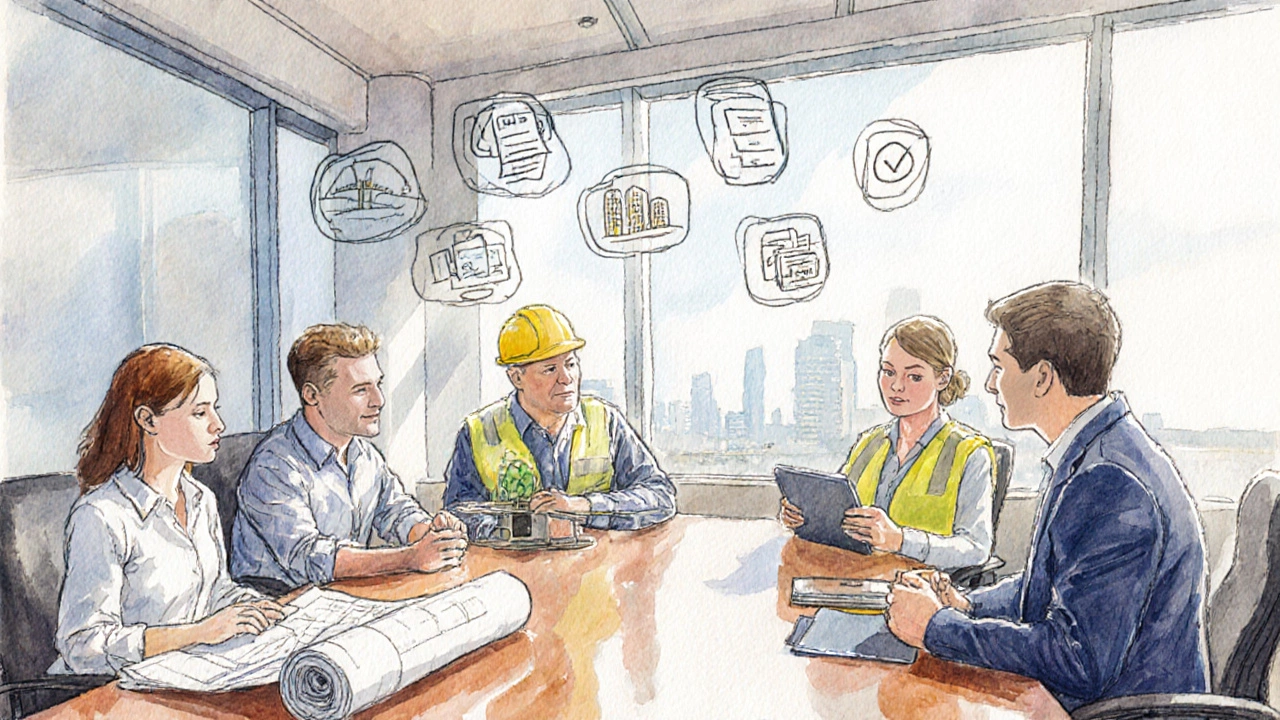
Common Pitfalls and How to Avoid Them
- Misreading permit requirements: A commercial developer may assume a simple building permit suffices for a highway bridge, leading to costly re‑submissions.
- Underestimating stakeholder coordination: Civil projects often need multiple agency sign‑offs (environmental, transportation). Early meetings reduce surprise delays.
- Budget bleed through design changes: In commercial construction, late‑stage tenant fit‑outs can blow the original cost estimate. Lock design freezes early.
- Ignoring lifecycle costs: Public works focus on durability; a cheap material may look good now but raise maintenance expenses later.
Quick Checklist Before You Start
- Define project purpose: public service vs profit.
- Identify funding source and confirm budget limits.
- Map required permits: building permit, environmental review, right‑of‑way approvals.
- Choose the appropriate design code (ASCE for civil, IBC/LEED for commercial).
- Assemble a team: engineer, architect, contractor, legal counsel.
- Set realistic timeline with buffer for approvals.
- Plan for post‑construction maintenance or tenant turnover.
Frequently Asked Questions
Is a road construction project considered civil or commercial?
Road building falls under civil construction because it serves public transportation, is funded by government agencies, and follows standards like AASHTO.
Can a commercial contractor work on a civil infrastructure project?
Yes, but they must demonstrate experience with civil‑specific regulations and often partner with a licensed civil engineer to satisfy public‑sector requirements.
What permits are unique to civil construction?
Civil projects often need a right‑of‑way permit, environmental impact assessment, and sometimes a federal construction permit issued by transportation departments.
Do cost estimations differ between civil and commercial builds?
Absolutely. Civil projects usually have higher upfront costs due to land acquisition, extensive grading, and longer design phases, while commercial projects focus on interior fit‑outs and faster delivery, often resulting in tighter, short‑term budgets.
Which field offers more career stability?
Both have steady demand, but civil construction benefits from ongoing public‑infrastructure renewal programs, whereas commercial construction can be cyclical, tied to economic growth and real‑estate markets.

